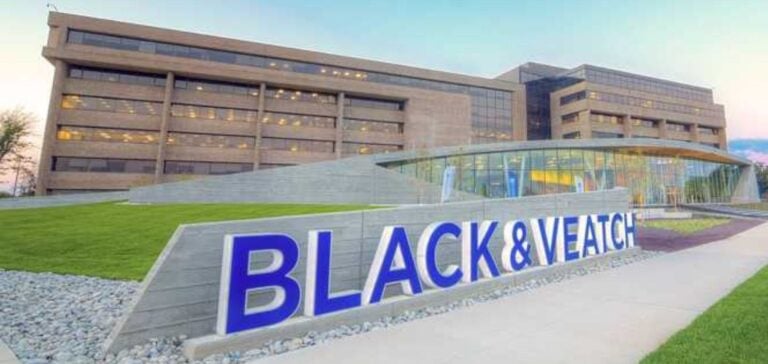Black & Veatch, a global engineering and construction consultancy, reinforces its commitment to decarbonization by selecting six startups for its IgniteX Carbon Dioxide Removal Accelerator program. This twelve-week program is designed to support emerging companies developing carbon dioxide (CO2) removal technologies. Participants will benefit from access to Black & Veatch experts to co-develop, pilot and market their technologies. In addition to mentoring, startups will have the opportunity to test their products, receive pitch development advice and meet potential investors.
Selected Startups
The six startups selected for the 2024 program are :
- 1. **Aeon Blue**: Uses seawater and renewable energy to produce an alternative fuel while capturing and storing CO2 from the air.
- 2. **Ebb Carbon**: Develops a marine CO2 removal solution using electrochemical technology.
- 3. **Elysia**: uses nanomaterials to remove CO2, with materials capable of processing large quantities of air quickly and at low cost.
- 4. **Heimdal**: Designs machines using mineral sorbents to capture and store atmospheric CO2.
- 5. **Holocene**: Develops direct air capture (DAC) technology with low-temperature liquid and continuous systems.
- 6. **Parallel Carbon**: Uses renewable energy for integrated DAC and water electrolysis processes to reduce costs and maximize value.
Partnerships and Support
Black & Veatch works with RTI International, an independent research institute, to provide technical and commercial support to participants. In 2023, Black & Veatch was recognized by the U.S. Department of Energy’s Office of Fossil Energy and Carbon Management as one of thirteen semi-finalists for a total of $1.3 million in funding for commercialization programs supporting direct air capture (DAC) technologies.
Impact and outlook
The BV IgniteX program is designed to provide up to $35,000 in non-dilutive grants and in-kind services, with potential equity investments of $50,000 to $100,000. Over the past five years, Black & Veatch has collaborated with over forty companies and invested over two million dollars in grants, investments and in-kind services. These initiatives underline Black & Veatch’s commitment to supporting advanced technological solutions in the field of decarbonization. The selected startups bring promising solutions which, if scaled up, could have a significant impact on the CO2 removal technology market.






















